Skip over navigation
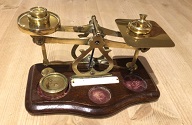
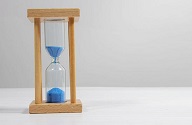
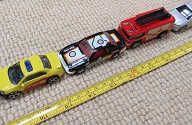
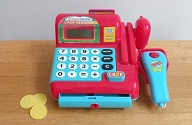
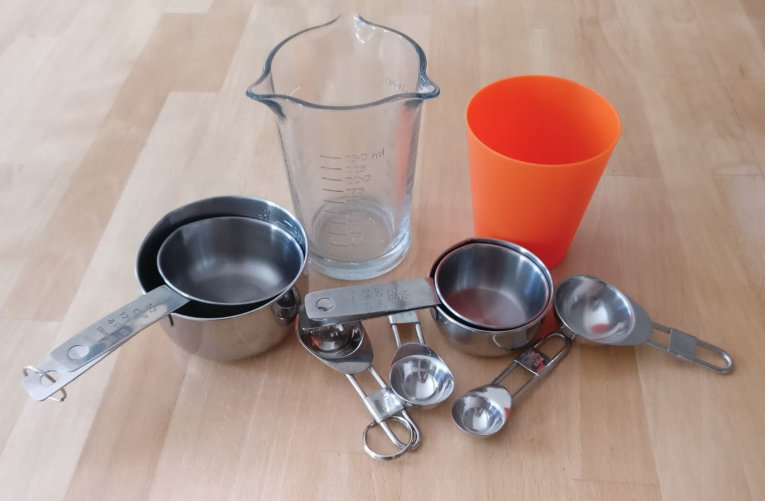
Or search by topic
Number and algebra
Geometry and measure
Probability and statistics
Working mathematically
Advanced mathematics
For younger learners
Water, Water ...
Age 3 to 5
Comparing capacities
Counting
Counting





Children often enjoy playing with water, pouring and filling containers.
Adults could set up a water tray with coloured water and some bottles and flasks of varying dimensions, with some plastic cups.
Adults could set up a water tray with coloured water and some bottles and flasks of varying dimensions, with some plastic cups.
The Activity
We want to take some bottles of lemonade (homemade!) to the park for our outing. Which bottles will hold the most?
We want to take some bottles of lemonade (homemade!) to the park for our outing. Which bottles will hold the most?
Encouraging mathematical thinking and reasoning:
Describing
What do you notice about the bottles? How are they different?
What happens if you pour this one into this other one?
What do you notice about the bottles? How are they different?
What happens if you pour this one into this other one?
Reasoning
How can we find out which hold the most?
How do you know which one holds more?
How can we find out which hold the most?
How do you know which one holds more?
Opening Out
How many cups will they each fill up?
Can we put them in order from the smallest to the biggest/from which holds the most to the least?
How many cups will they each fill up?
Can we put them in order from the smallest to the biggest/from which holds the most to the least?
Recording
Can we put labels on the bottles to help us remember how much is in them?
Can we put labels on the bottles to help us remember how much is in them?
The Mathematical Journey
Same and different:
- discussing how some containers are different shapes or have a greater capacity than others, progressing from just 'bigger' to 'shorter', fatter', 'taller', 'thinner' and 'holds more than'
Counting and cardinality:
- counting how many cups are filled
Matching numerals and amounts:
- making labels to show how many cups each bottle holds
Properties of shapes:
- describing shapes e.g. 'round', 'bendy', 'straight' or 'square'
Size and measures:
- explaining how they know that containers hold more - "This is smaller because when you pour from the bigger one it overflows", "This is smaller because when you pour it into the bigger one the water only comes up to there" or "This is bigger because you get six cups and that one only fills four cups"
Conservation:
- explaining that the water levels are different in different containers because...
Development and Variation 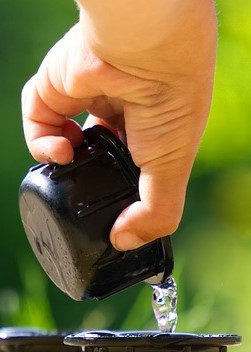
How much lemonade do we have to make so that everyone gets one cup? Two cups?
Plan for a smaller group of children, or some toys having a party.
Pour one cupful of coloured water into each of some tall, thin and short fat transparent containers. Discuss what happens to the water level in each and why.

How much lemonade do we have to make so that everyone gets one cup? Two cups?
Plan for a smaller group of children, or some toys having a party.
Pour one cupful of coloured water into each of some tall, thin and short fat transparent containers. Discuss what happens to the water level in each and why.
Resources
A varied collection of bottles, containers and flasks for lemonade and cups.
Funnels, jugs and a tray.
A collection of transparent containers - some short and fat, some tall and thin.
Food colouring.
A varied collection of bottles, containers and flasks for lemonade and cups.
Funnels, jugs and a tray.
A collection of transparent containers - some short and fat, some tall and thin.
Food colouring.
Download a PDF of this resource.


